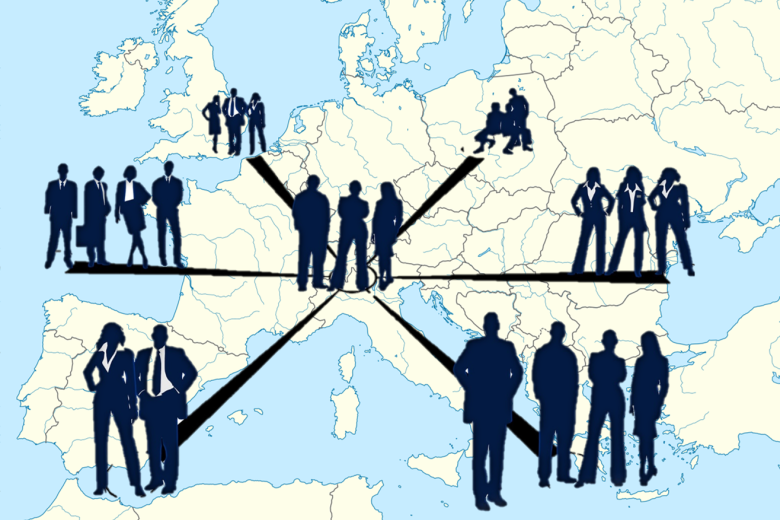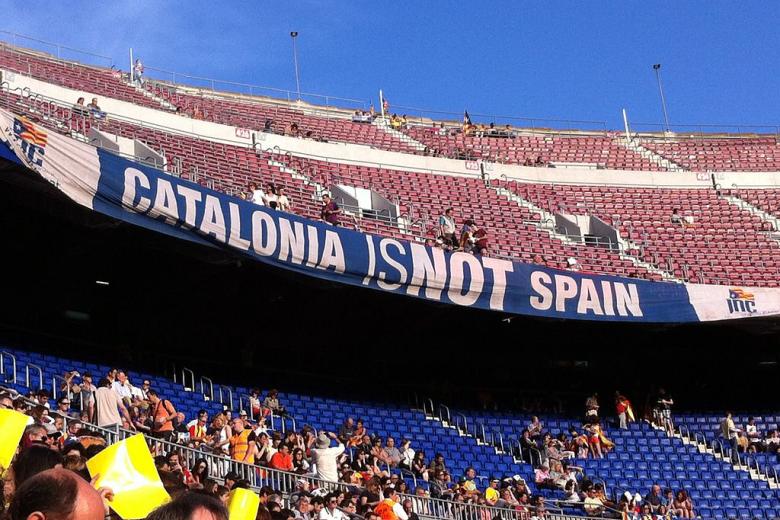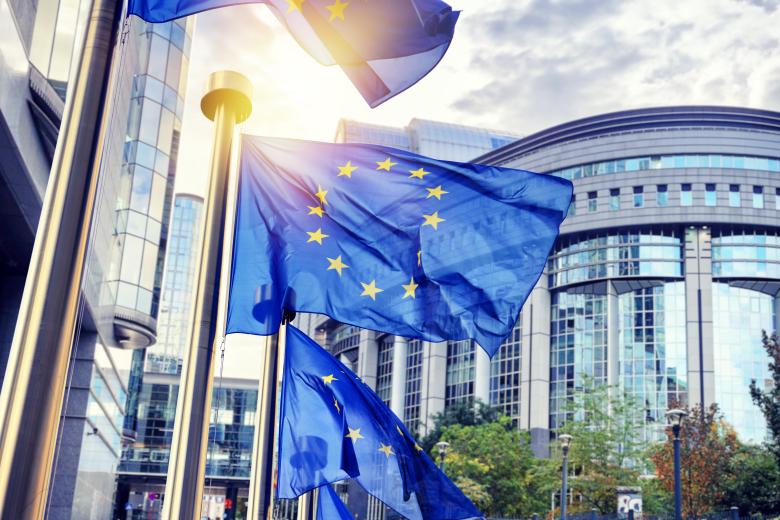Logic of International Law
On 14 and 15 November 2022, UM’s Faculty of Law held the “Logic of International Law Conference.” Henrique Marcos (UM & São Paulo Univ.) and Antonia Waltermann (UM) organised the conference under the auspices of the Globalization and Law Network (GLaw-Net) and the International Law Discussion Group...








